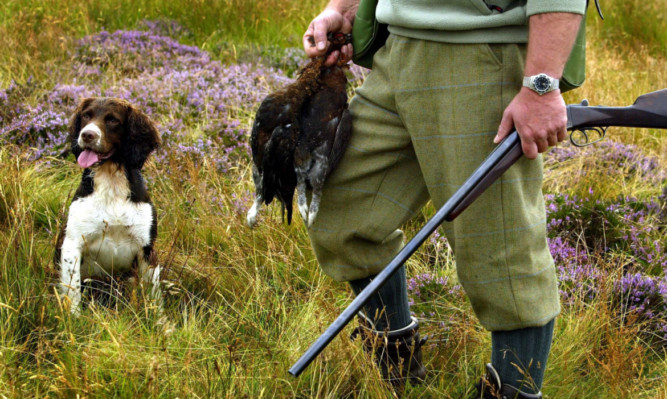The most significant farm tenancy legislation in almost 70 years was passed last night in the Scottish Parliament by an overwhelming 102 votes to 14.
Wide-ranging radical measures in the Land Reform (Scotland) Bill include the establishment of a Land Commission, provisions to force land sales if owners block economic development, tougher deer management rules and the reintroduction of rates for sporting estates.
And for tenant farmers the Bill includes fundamental changes to legislation which will improve security and investment conditions for existing tenants, deliver the environment to create opportunities for new entrants and to ensure a balance between tenants’ and landlords’ rights. A tenant farming commissioner will also be appointed.
Campaigners heralded the changes as “game changing” for the sector, which has seen the number of tenant farmers drop from 42% of all Scottish farmers in 1982 to only 24% last year.
Rural Affairs Secretary Richard Lochhead said the Bill would revitalise the farming sector by creating new routes into farming and providing the flexibility for businesses to grow.
“Our tenant farmers are an important part of agriculture, which in turn is the foundation of our booming food and drink industry. This Bill will help ensure the tenanted sector has a vibrant future in Scotland,” he said.
Scottish Tenant Farmers’ Association chairman Christopher Nicholson sat through the long day of more than 100 amendments alongside other committed tenant reform campaigners.
After the vote he called on landowners to cooperate with the new legislation.
“Opponents to the Bill should now stop the rhetoric, threatening not to let land or to legally challenge the new legislation and recognise that Scotland is moving on and land reform is becoming a reality,” he said.
“There is nothing in the Bill that should deter landlords from using the new tenancies and, in practice, there will be very little in the rest of the Bill which will materially disadvantage landlords.”
However, the Bill was immediately condemned by landowners’ organisation Scottish Lands and Estates (SLE) as “damaging” for rural Scotland.
SLE chairman Lord David Johnstone claimed the legislation would take years of debate over how it would work, and was likely to end in legal challenge. And he said that allowing tenant farmers to assign their tenancies for cash would be a “heavy blow” to the sector.
“The supply of let land will dry up, the legislation will not achieve its stated objectives, and we are now facing a very real prospect of legal challenge to this part of the legislation something no one wants to see,” he said.
